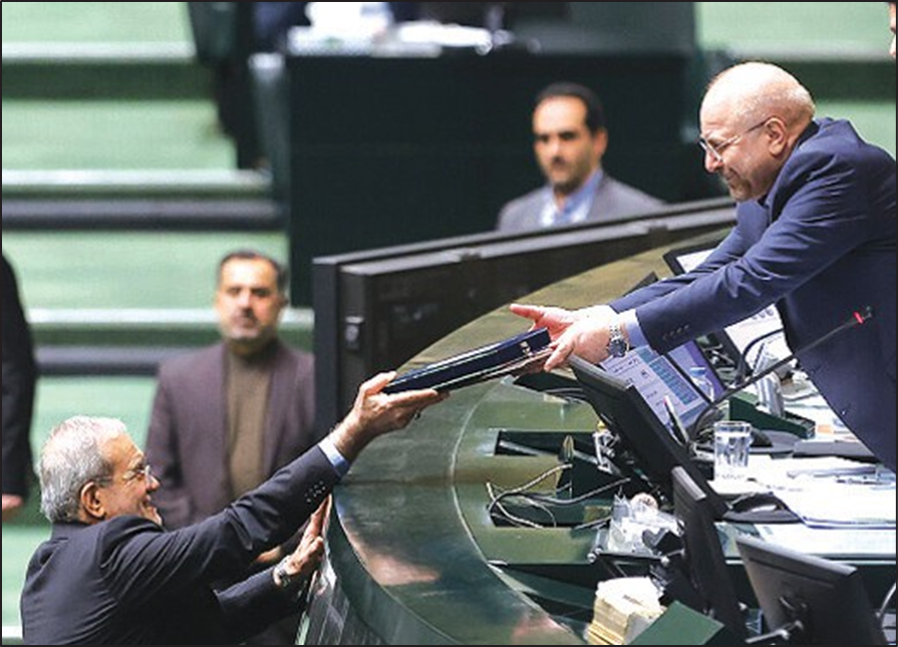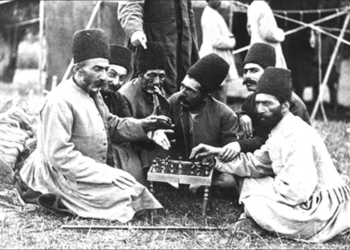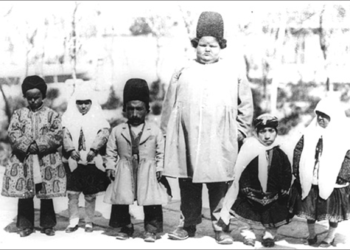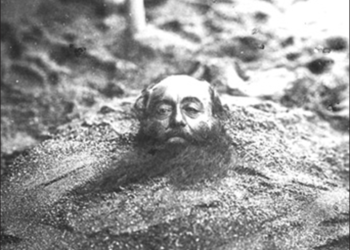The Ardabil Carpet, a 16th century carpet from the city with the same name, will be on display until Labor Day in Los Angeles.
It is only the fifth time since LACMA acquired the carpet in 1965 that museum-goers have been able to see this enormous masterpiece.
The 23-foot-long and 13-foot-wide carpet is woven on an off-white silk warp and weft, i.e. the yarns that hold it together. According to the museum, it contains 35 million knots of naturally dyed wool, averaging more than 800 knots per square inch, which allow for incredible detail to the floral and animal print.
One unique component to the carpet is that its origins are indicated on it. The carpet is dated 1539-40 and signed by Maqsud of Kashan, most likely a court official who worked in Tabriz and who oversaw the many weavers creating the carpet and its counterpart over several years.
The Ardabil carpet has one twin, on display at London’s Victoria and Albert (V&A) Museum. The V&A acquired its piece in 1893 and five years ago installed it as a permanent exhibit in its Islamic galleries, lighting the environmentally sensitive and humidity controlled case in which the carpet is stored for just 10 minutes twice an hour during open hours.
The Ardabil carpet at LACMA, on the other hand, has been kept out of sight for years at a time to keep it protected from the dust and light that can damage the coloring and materials of the work.
Some art critics, such as Christopher Knight of the Los Angeles Times, argue that while the piece certainly needs protecting, it would be worth installing a permanent and monitored display similar to that of the V&A so the Ardabil Carpet is available for everyone to see every day.
After September 5, the exhibition, “Gifts of the Sultan: The Arts of Giving at the Islamic Court” will travel to Houston and Doha, Qatar, making it the first time the Ardabil Carpet will have been displayed outside of LACMA since its acquisition.



















